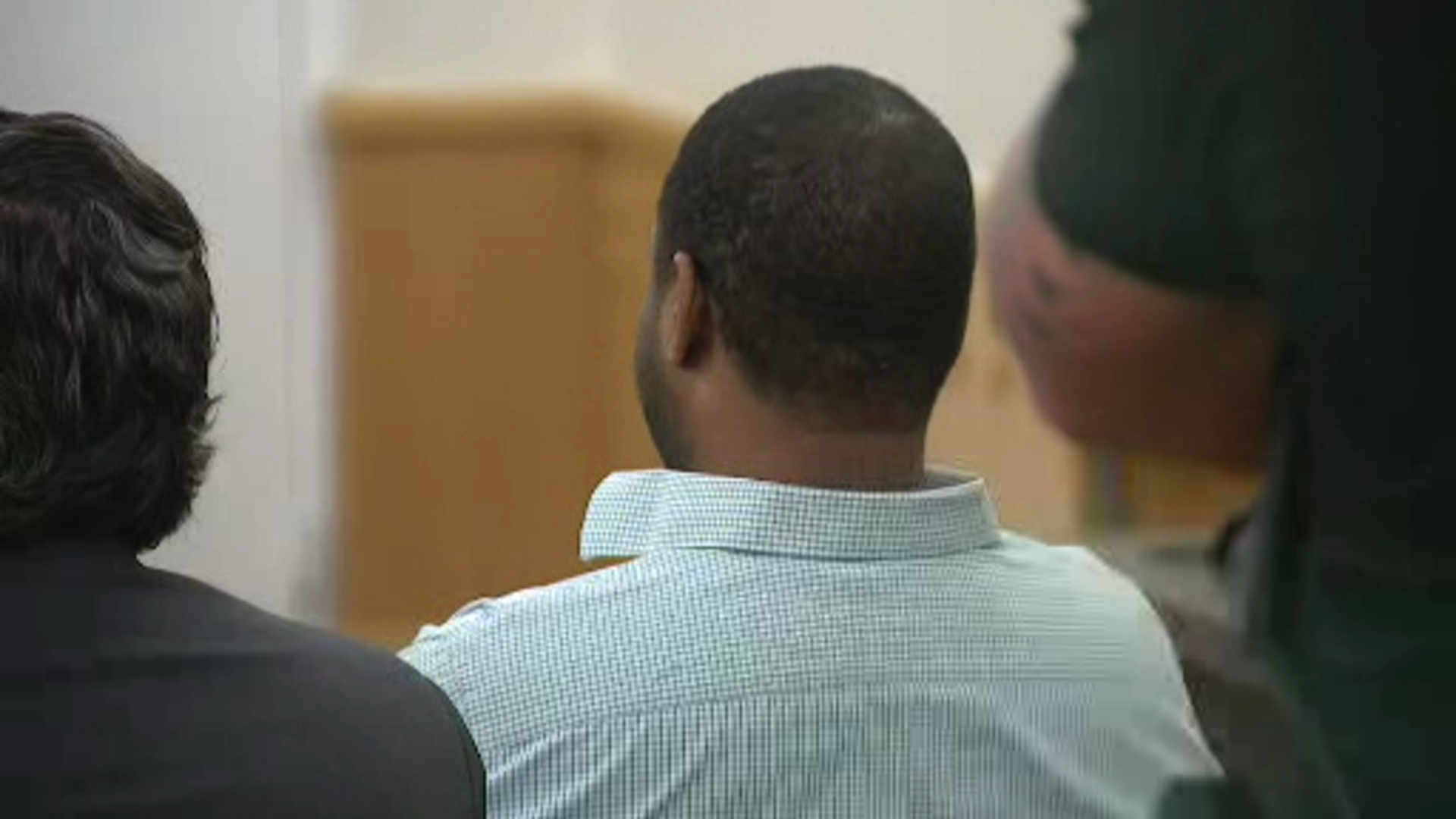You've undoubtedly seen them on your way to work or home, panhandlers.
For the last year the City of Fort Worth has tested using signs to deter the practice by warning both panhandler and driver with the message, "soliciting from roadway prohibited." However, at the first intersection where the signs were installed, about a year ago, you'll still regularly see people begging for money or food. Those who work in the area said the signs don't work.
"No they don't, we still have them coming in here, panhandling every where," said Alma Baca.
Baca works along the intersection at Interstate 20 and Hulen Street, where the signs were installed. She said they've done little to slow down those begging for spare change.
"I get one that stands right there and waits and waits and then walks out and asks people for money," Baca said.
It doesn't just happen at Hulen and I-20, but all across the city. NBC 5 saw a man asking for money on the northbound off-ramp of Interstate 35W and East Berry Street. Another man was spotted walking along the westbound off-ramp of state Highway 183 at Bryant Irvin Road. That intersection does feature the no soliciting road signs.
Since the start of February, NBC 5 found 38 citations issued for violating the city's ordinance against panhandling. A vast majority of those were handed out at major intersections.
Local
The latest news from around North Texas.
Homelessness Liaison Officer Donna Eldridge holds on to many of the signs she collects from panhandlers. She says that's one way police officers can slow them down, but the department recognizes the impact of the no soliciting signs weren't long lasting.
"In the beginning when they were first put up people noticed them, but, as with everything, as it's there for a while it just sort of blends in to the landscaping," Eldridge said. "It doesn't seem to be as effective as it was in the beginning."
But while the signs haven't deterred panhandling in some areas in the long run, the results will not deter police and the city from trying to curb the problem. A problem which the public can help cure on its own.
"If it's available to them they're going to be there, if it's not available they're going to go where the resources are available to them," Eldridge said.
That's the message police said these signs should give drivers, that if you really want to help there are much safer and better ways to do so.
"In your mind your trying to help someone, but if someone gets hit while you're trying to do that, think about how that would effect you," she said.
Fort Worth police said there are numerous charities you can give to who help the homeless. Those resources are something panhandlers are routinely informed about when they are cited by police.
Ultimately the police department just wants to make intersections are safe for everyone, panhandlers and drivers alike.Officers will continue to find ways to deter the practice.
For more information on better ways to help the homeless community you can reach the Homeless Liaison Office at 817-392-4070.



